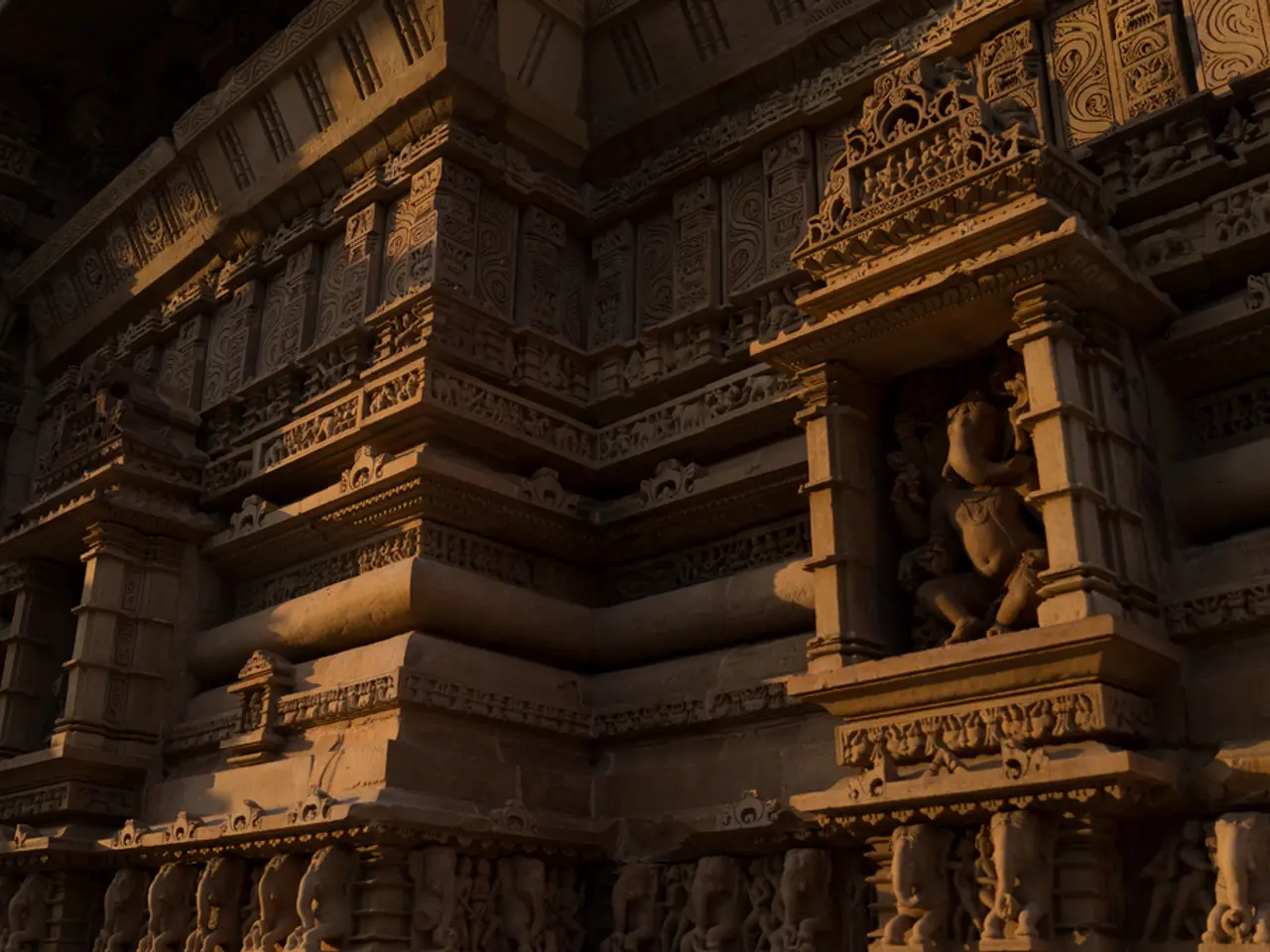Venice Architecture Exhibition 2025: Artificial Intelligence, Creativity, and Collective Dependency
Venice Architecture Biennale 2025 Embraces a Regenerative, Inclusive Vision
The 19th International Architecture Exhibition, known as the Venice Architecture Biennale 2025, is set to take place from May 10 to November 23 in Venice, Italy. This year's edition, titled "Intelligens," is curated by Carlo Ratti and focuses on exploring how various forms of intelligence—natural, artificial, and collective—can confront current global challenges in architecture, design, and urbanism.
In an in-depth interview with DesignDash Magazine (Spring/Summer 2025), curator Carlo Ratti reframes "intelligence" through the Latin "gens" to emphasize collective creativity and ecological interdependence. The biennale invites visitors to live in the friction between spectacle and substance, between optimism and urgency.
The biennale's centerpiece theme, "Intelligens," critically examines how collective creativity, enabled by both human and artificial intelligences, can reshape the built environment. It fosters an open, participatory atmosphere through workshops, conferences, public programs, and performances, where diverse voices and institutions collaborate in collective knowledge generation and problem-solving.
The event stresses awareness of context, climate, and cultural responsibility, promoting architectural solutions that are attuned to the environment and sustainable futures. Projects showcased explore how architecture can respond intelligently to ecological challenges, revealing a deep ecological consciousness that sees built environments as part of broader natural systems rather than isolated constructs.
One of the most radical interventions at this year's Biennale is the Circularity Manifesto, co-developed with the Ellen MacArthur Foundation and Arup. The manifesto challenges the Biennale to lead by example in regenerative exhibition-making, including the use of recyclable scaffolding, mushroom-based insulation, and AI-generated, fully demountable structures.
The biennale features 66 national pavilions and, for the first time, an open call, allowing lesser-known collectives and emerging studios to exhibit. Togo, Qatar, and Oman present Biennale debuts, signaling a tectonic shift in who gets to define architectural relevance.
The Hong Kong Archive, a collateral event, explores the urban palimpsest of the Pearl River Delta through archival material, virtual reality, and community mapping. The Korea Pavilion meditates on aging and spatial care through multimedia installation, while the German Pavilion challenges traditional exhibition formats with a "non-pavilion" strategy.
The Mexico Pavilion offers a searing look at informal housing and community-led renovation, and the Polish Pavilion examines the intimate architectures of domesticity in post-pandemic Poland. The exhibition is organized into four thematic spaces: Ideas, Collaboration, Planet, and Visionaries.
Botanist Stefano Mancuso, honored with a Lifetime Achievement Award, argues that plants possess their own form of intelligence, challenging the anthropocentric bias in architecture. His views are reflected in the biennale's emphasis on ecological interdependence and the interplay between natural and artificial systems.
For more information about the full program, including opening hours, ticketing, and event details, visit labiennale.org. The Venice Architecture Biennale 2025 proposes a regenerative, collaborative, and radically inclusive vision of architecture, urging a redefinition of spatial, political, and ecological intelligence.
- The Venice Architecture Biennale 2025 invites visitors to explore how collective creativity, aided by both human and artificial intelligences, can reshape global design in the realm of architecture, travel, and lifestyle.
- The biennale's focal point, "Intelligens," encourages a transition in technology by challenging the event to adopt regenerative practices, such as using recyclable materials and AI-generated structures, as demonstrated in the Circularity Manifesto.
- The event showcases projects that realign architecture within the global landscape, addressing travel concerns by proposing sustainable solutions and promoting a deep ecological consciousness, ensuring that built environments are in harmony with the natural systems they inhabit.






